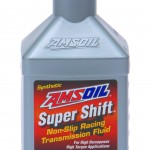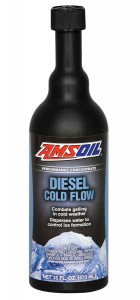I will be adding to the site the most advanced AMSOIL products first. These are not the best sellers but the the ones you get the most bang for the buck. We actually have six automatic transmission products under the AMSOIL name. These provide benefits for every car in Sioux Falls which outweigh any other […]
You are browsing archives for
Category: Amsoil Product Reports
Add life to your car battery!
Our 1983 AMC Eagle is the car we depend on most in the winter. The switchable fourwheel-drive is invaluable here in Sioux Falls, SD (our home office). This is also the car (station wagon) we use to move all the loads to the Sioux Falls store. In the photo you can see this is an […]
AMSOIL Z-Rod 10W-30 ZDDP now in Corvair
I just drained out the break-in oil for the “High Zinc” or ZDDP fortified synthetic by AMSOIL. This product is under the name of Z-ROD. (10W-30) Impressions will be recorded but the car is on jack stands getting the rear suspension updated and the floor is being rust proofed. We have a lot of other […]
Amsoil Diesel Cold Flow Additive
In stock in our Sioux Falls store. Larger containers available. Insure your diesel fuel against sudden temperature drops. Competing products result in loss of power. If your fuel is gelled before treating use our “Diesel Recovery” product. Link to online store: http://www.amsoil.com/shop/by-product/fuel-additives/diesel/diesel-cold-flow/?GroupID=80&zo=510227 AMSOIL Diesel Cold Flow (ACF) combats diesel fuel gelling by improving […]


